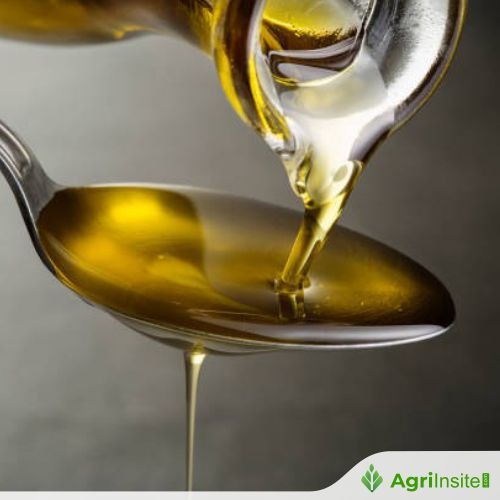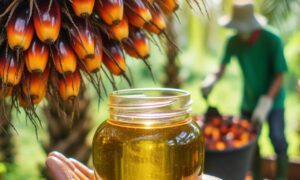IVPA welcomes PM’s announcement on GST reforms, urges resolution of inverted duty refund issue

The Indian Vegetable Oil Producers’ Association urged restoring GST Input Tax Credit refunds blocked since July 2022, citing MSME cash flow strain, higher costs, and rising edible oil prices. Welcoming PM Modi’s Diwali GST reform plan, IVPA warned the restriction deters investment, threatens food security, and seeks parity with butter and ghee taxation.
The Indian Vegetable Oil Producers’ Association (IVPA) has welcomed Prime Minister Shri Narendra Modi’s announcement on next-generation GST reforms and urged the government and GST Council to expeditiously resolve the issue of accumulated tax refunds under the inverted duty structure to support MSMES and local manufacturers.
IVPA represents India’s edible oil refining industry.
In his Independence Day Address, Prime Minister Narendra Modi had announced that next-generation GST reforms will be unveiled on Diwali, reducing taxes on essential goods and providing relief to MSMEs, local vendors, and consumers. IVPA stated that since July 2022, the GST Council had imposed a restriction on the refund of accumulated Input Tax Credit (ITC) under the inverted duty structure (IDS).
The association has urged the government to lift this restriction.
While edible oil is taxed at 5 percent GST, most input materials such as packaging, chemicals, and processing materials attract GST at 12-18 percent, leading to substantial accumulation of unutilized ITC. It is causing strain on working capital and disincentivising the industry to invest, the apex body of edible oil refining industry said.
“With refunds blocked, companies face working capital shortages and disrupted cash flows, making operations less viable especially for MSMEs and domestic manufacturers. Blocking refunds also undermines future investment in capacity, modernization, and import substitution”, IVPA said.
Flagging the concern of inflation and health risk, the association said that higher costs due to unrecovered ITC are passed on to consumers, potentially pushing prices upward and may drive lower-income consumers toward unsafe, adulterated, or reused edible oils.
The edible oil industry had been receiving ITC refunds until FY2021-22 under the provisions of Section 54(3) of the CGST Act and Rule 89(5) of the CGST Rules. A 2019 circular also clarified that while calculating refunds under Rule 89(5), ITC on all inputs should be considered, irrespective of the rate of tax. However, the GST Council in July 2022 imposed a restriction on the refund of accumulated Input Tax Credit (ITC) under the inverted duty structure (IDS).
“Global best practices endorse the refund of accumulated ITC as a means to improve industry competitiveness, maintain healthy cash flows, and support domestic value addition”, the association said in its memorandum to the Revenue Secretary.
The IVPA urged the government and the GST Council to rescind the 2022 restriction and reinstate refund of accumulated ITC for edible oils under the IDS mechanism. It also requested parity by treating edible oils on par with other essential edible consumables like butter and ghee, which continue to receive refund benefits.
“This will reinforce policy stability, which is critical to enabling investment in plant and machinery, boosting indigenous production, and reducing import dependency”, the association said. Restoration of ITC refund will enhance the economic viability of the edible oil sector, keep consumer prices in check, promote healthier consumption patterns, and encourage sustained investment in the industry.
With domestic demand projected to rise to 30 million tonnes by 2030-31, and the edible oil market expected to grow at a CAGR of 5.26 percent from 2023 to 2028, enabling fair and efficient tax refund policies is essential for securing long-term food and economic security.
To Read more about Edible Oil News continue reading Agriinsite.com
Source : Silicon India















